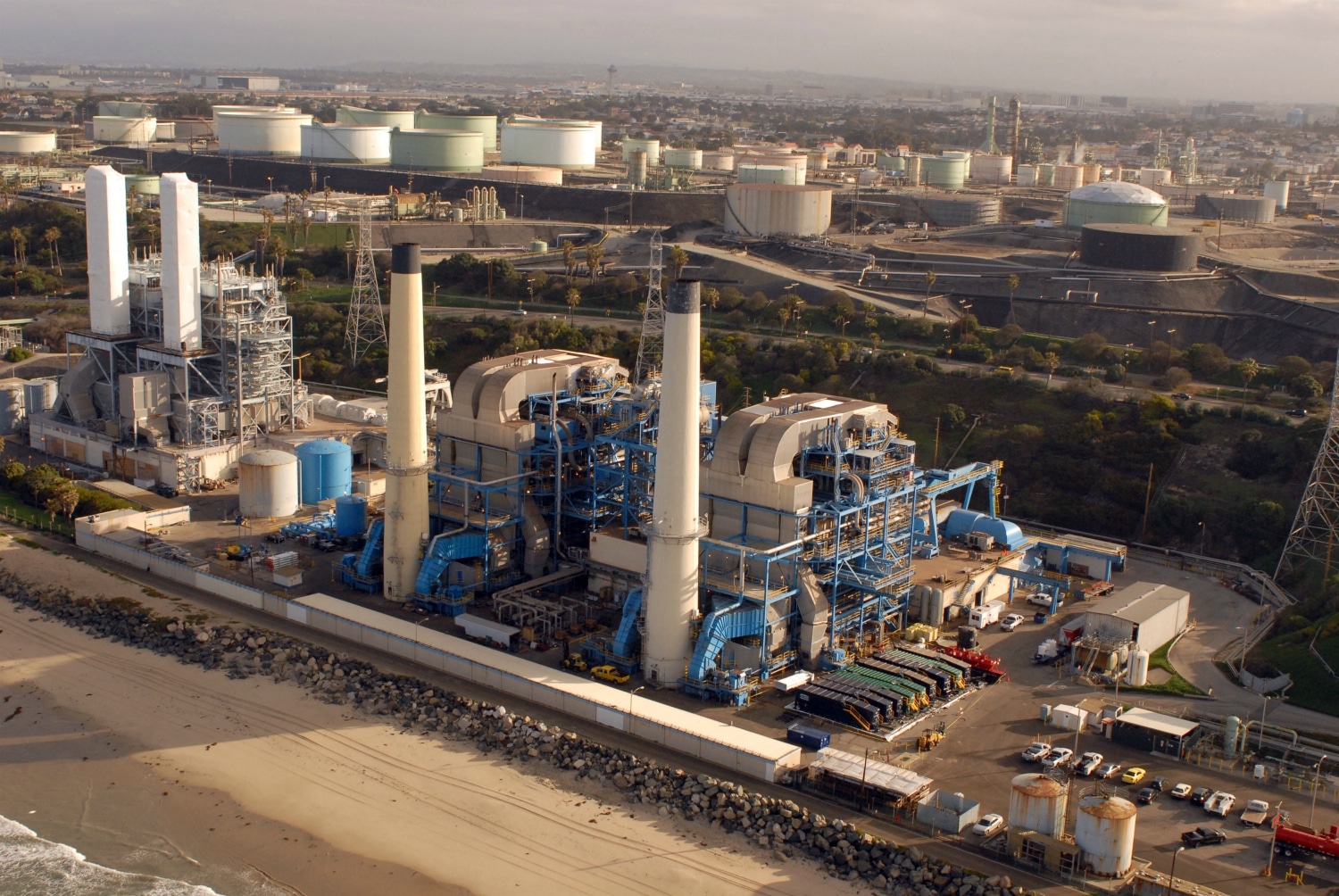
Chevron crude oil refinery in El Segundo, California. Photo: Axel Koester.

Orinoco Tribune – News and opinion pieces about Venezuela and beyond
From Venezuela and made by Venezuelan Chavistas

Chevron crude oil refinery in El Segundo, California. Photo: Axel Koester.
US oil refineries that were once regular buyers of Venezuelan crude oil are now vying to gain access to upcoming cargoes chartered by Chevron under the recently issued US license, which authorized Chevron to resume oil production in Venezuela, insider sources told Reuters.
Valero Energy Corp, PBF Energy, and CITGO Petroleum have shown interest in gaining access to the crude oil that Chevron expects to ship in the coming weeks, the sources said.
Venezuelan heavy crude oil, popular among US refineries for producing a variety of petroleum derivatives, from asphalt to motor fuels, had been partially replaced by Russian exports after the United States imposed sanctions on the Venezuelan oil industry.
PDVSA and Chevron Sign Contracts for Oil Production in Venezuela
Some of these companies began contacting Chevron, shipping agencies, and ship owners this week to verify Chevron’s shipment schedules, the sources told Reuters. No Venezuelan oil has yet been officially allocated to Chevron, and no charter contracts have been signed to transport cargoes to the United States, according to Venezuelan export schedules and Refinitiv chartering data accessed by Reuters.
Refineries eager for Venezuelan crude
The most recent charter contracts to transport Venezuelan oil to the US Gulf Coast are from late 2018, just before sanctions, according to data from Refinitiv.
Valero, PBF, and other US refineries would not need any new authorization to buy Venezuelan oil from Chevron. But CITGO, owned by Venezuelan state-owned oil company PDVSA, may require authorization from the US Treasury Department as it operates under a license. Although CITGO is now under the control of the extreme right sector of the Venezuelan opposition grouped around Guaidó, it may still require authorization because its parent company PDVSA is sanctioned by the US, analysts and experts told Reuters.
Chevron may prioritize its own refineries, especially those in Pascagoula, Mississippi, and El Segundo, California, which in the past were regular recipients of oil from Venezuela.
Signing Contracts With Chevron Will Promote Oil Industry Development in Venezuela
On the road to exports
As spring and summer are peak seasons for road use and asphalt paving in the United States, the Boscán heavy crude of Venezuela, produced by the PDVSA and Chevron joint venture Petroboscan, could be the first type of crude oil to be exported under this new license.
In order to restart those shipments, it may be necessary to widen the Lake Maracaibo shipping channel to allow Panamax and Aframax tankers to reach oil terminals in western Venezuela, according to shipping sources.
Processing of Boscán crude was suspended earlier this year due to an excess in storage, which must be drained first before restarting production, PDVSA documents show.
(Aporrea)
Translation: Orinoco Tribune
OT/SC/KZ